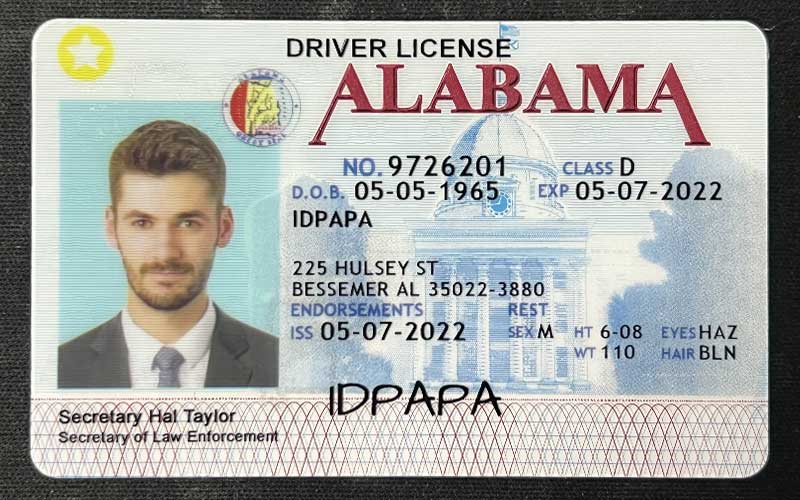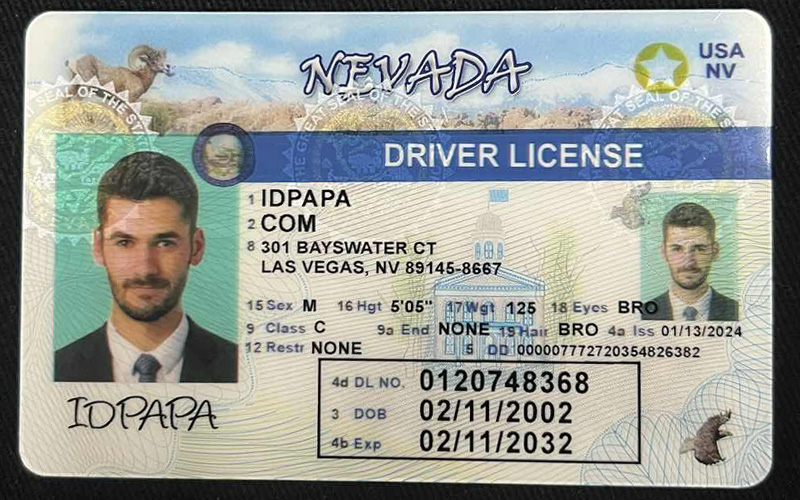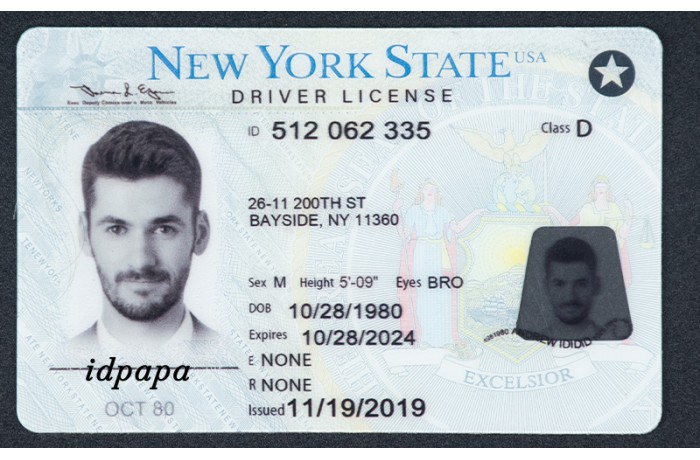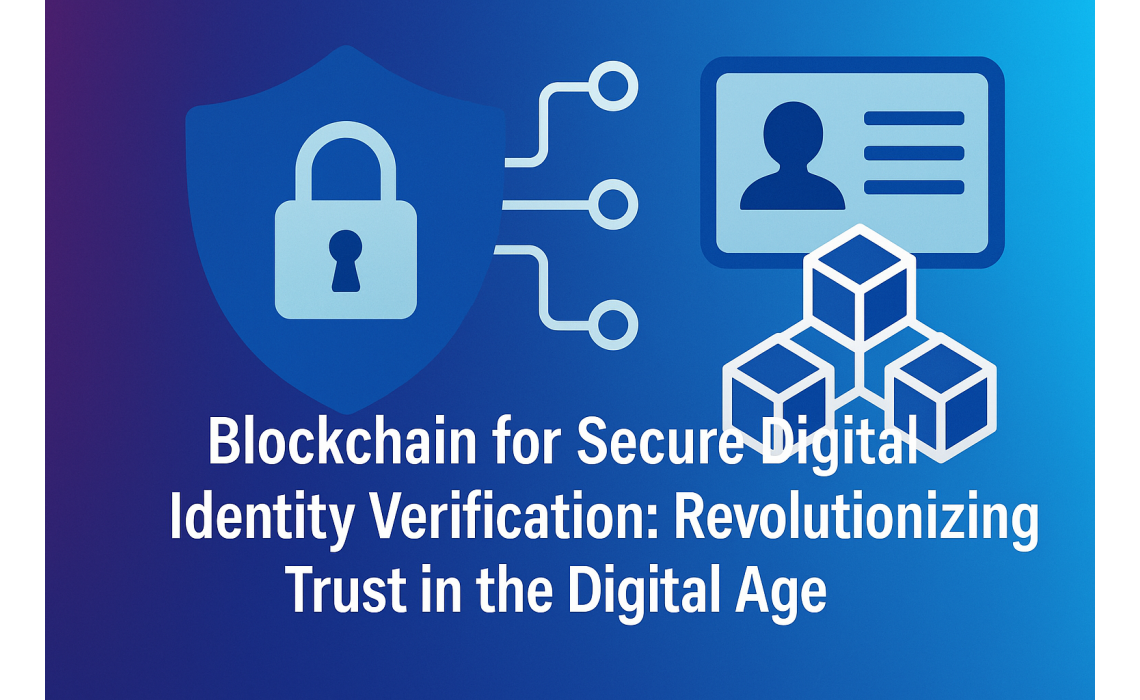Blockchain for Secure Digital Identity Verification: Revolutionizing Trust in the Digital Age
Blockchain for Secure Digital Identity Verification: Revolutionizing Trust in the Digital Age

In an era where data breaches and identity theft dominate headlines, securing digital identities has become a global priority. Traditional systems, reliant on centralized databases and vulnerable to hacking, are increasingly inadequate. Enter blockchain technology—a decentralized, transparent, and immutable ledger—poised to redefine how we verify and protect identities online.

The Problem with Traditional Identity Systems
1.Centralized Vulnerabilities: Centralized databases (e.g., government or corporate systems) are prime targets for cyberattacks. A single breach can expose millions of sensitive records.
2.Lack of User Control: Individuals have little autonomy over their data, which is often siloed across institutions.
3.Inefficiency: Cross-border verification is slow and costly, relying on intermediaries like banks or notaries.
4.Fraud Risks: Fake IDs, phishing scams, and synthetic identities cost businesses billions annually.
How Blockchain Transforms Identity Verification
Blockchain addresses these challenges through its core features:
1.Decentralization:
○No single entity controls the network, eliminating central points of failure.
○Data is distributed across nodes, making breaches exponentially harder.
2.Cryptographic Security:
○Identities are secured via public-private key cryptography. Users control their private keys, ensuring ownership.
○Data is hashed and stored immutably, preventing tampering.
3.Self-Sovereign Identity (SSI):
○Individuals manage their credentials (e.g., passports, licenses) via digital wallets.
○Share only necessary information without exposing raw data (e.g., proving age without revealing a birthdate).
4.Smart Contracts:
○Automate verification processes (e.g., instant KYC checks for banks).
○Reduce reliance on intermediaries, cutting costs and delays.
Real-World Applications
1.Government Initiatives:
○Estonia’s e-Residency program uses blockchain to offer secure digital identities to global citizens for business and governance.
○The EU’s ESSIF framework leverages blockchain for cross-border identity verification.
2.Healthcare:
○Patients control access to medical records via blockchain IDs, streamlining care while ensuring privacy.
3.Banking & Finance:
○Platforms like Sovrin and uPort enable seamless, fraud-resistant customer onboarding.
4.Travel & Hospitality:
○Airlines and hotels use blockchain IDs to verify passengers and guests, reducing check-in times.
Challenges and Considerations
1.Scalability: Public blockchains like Ethereum face speed and cost limitations. Hybrid or permissioned blockchains (e.g., Hyperledger Indy) offer alternatives.
2.Regulatory Hurdles: Compliance with GDPR and other privacy laws requires careful design to balance transparency and anonymity.
3.Adoption Barriers: Educating users and institutions about blockchain’s benefits remains critical.
4.Energy Consumption: Proof-of-Work blockchains (e.g., Bitcoin) raise sustainability concerns. Shift to Proof-of-Stake (e.g., Ethereum 2.0) mitigates this.
The Future of Digital Identity
Blockchain is just the beginning. Emerging trends include:
●AI Integration: Machine learning detects anomalies in identity data.
●IoT Synergy: Devices with embedded blockchain IDs for secure machine-to-machine communication.
●Global Standards: Initiatives like the W3C Decentralized Identifiers (DIDs) specification aim for interoperability.

Final thoughts
Blockchain’s potential to secure digital identities is undeniable. By empowering individuals, reducing fraud, and streamlining verification, it lays the foundation for a more trustworthy digital ecosystem. However, overcoming technical, regulatory, and cultural barriers will determine its widespread adoption. For businesses and governments, the message is clear: the future of identity is decentralized, and the time to explore blockchain solutions is now.
Stay ahead of the curve—embrace blockchain to protect what matters most: trust.


